Listed below are profiles of a selection of our current Doctoral Students.
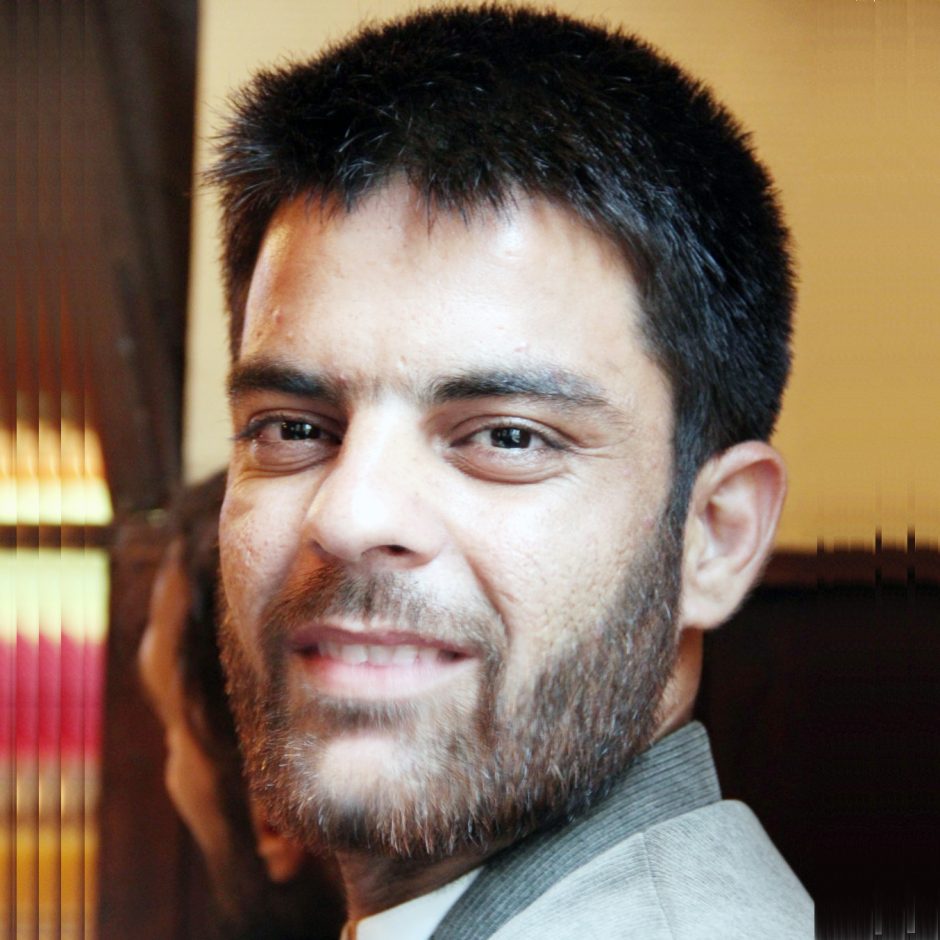
Gulzar Ahmad
Curriculum Studies Education | Social Studies Education
Supervisor | Dr. Penney Clark
Gulzar Ahmad is a doctoral candidate in Curriculum Studies at the University of British Columbia. His research focuses on the Critical Discourse Analysis (CDA) of state-sponsored K-12 social studies and history curricula and textbooks in Pakistan. He aims to deconstruct hidden meanings, exclusions, and silences through his doctoral research, mainly focusing on religion, gender, and ethnicity. Since the fall of 2021, he has been working as a Research Assistant with the “Thinking Historically for Canada’s Future” (THCF) project. This role has provided him with the opportunity to gain invaluable insights into using CDA and the Equity, Diversity, Inclusion, and Decolonization (EDID) frameworks to analyze curricula and textbooks. His experience in the THCF project has deepened his interest in examining Canadian social studies and history education through these critical lenses./
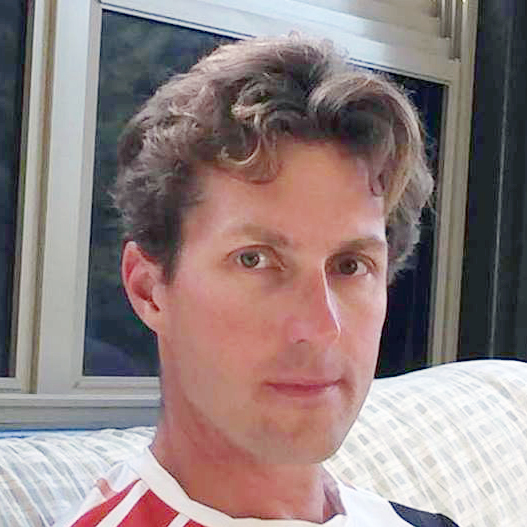
Ian Alexander
Curriculum Studies Education
Supervisor | Dr. Penney Clark
I am a first-year PhD student in the Department of Curriculum and Pedagogy. I am originally from Nova Scotia and first studied History at Mount Allison University and eventually Education at Brock University. With an interest in exploration, I first went to South Korea to teach English and then to China where I mostly taught Social Studies and English Language Arts in two BC curriculum offshore schools. I also coached ultimate frisbee and helped build a youth league with other schools in Shanghai. When I returned to Canada, I completed an MA at the University of Victoria researching the perspectives and experiences of BC offshore school graduates and internationalization of education. Now at UBC, I plan to research how Canadian teachers depict and Chinese students perceive social studies and humanities courses taught in British Columbia offshore schools.

Zohreh Valiary Eskandary
Curriculum Studies Education | Art Education
Supervisor | Dr. Rita Irwin, Dr. Anita Sinner
Zohreh Valiary Eskandary is a PhD candidate in Art Education in the Department of Curriculum and Pedagogy at the University of British Columbia. Her doctoral research explores how artistic practice, narrative, and theory can be woven together to reimagine pedagogy through the lenses of love, relationality, and becoming. Grounded in A/r/tography, Autotheory, and Phenomenology her work investigates how love can function as both a method and ethic of educational inquiry.
She has taught art and design at both the university and high school levels, and her scholarly contributions include peer-reviewed publications and conference presentations in art education and curriculum studies. As a visual artist, she has exhibited her work in Canada and Iran, and as a design professional she has worked in visual communication and UI/UX design projects. She holds an MDes in Visual Communication Design, an MA in Painting, and a BA in Graphic Design.
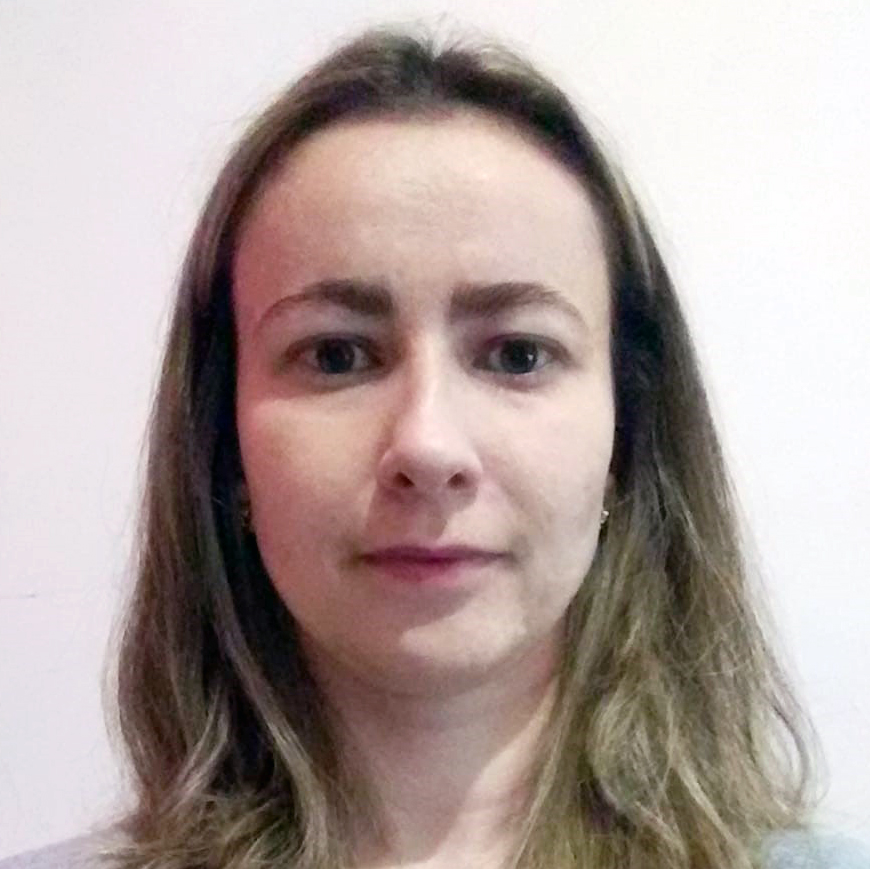
Ariane Faria dos Santos
Curriculum Studies Education
Supervisor | Dr. Leyton Schnellert, Dr. Cynthia Nicol
I am a Ph.D. student at the University of British Columbia’s Department of Curriculum and Pedagogy. My research interests include math classroom practice and curriculum implementation to improve opportunities to learn for students with different backgrounds. During my Ph.D. program, I am particularly interested to understand how learning studies and variation theory can support British Columbia math teachers make decisions in the specific context of their classroom practices. I hope my research can better connect both micro (classroom/schools) and macro (policymakers) actors to design and implement more equitable curriculum policies.
Before coming to Canada, I analyzed classroom teaching practices to improve student learning opportunities in Latin America and worked with universities and policymakers to design better curricula and more equitable educational policies. I am also a former philosophy public high school teacher and math educator in an NGO in Brazil. My background includes a master’s in International Education Policy Analysis from Stanford University (USA) and another in Education from the University of Sao Paulo (Brazil). I also have a bachelor’s and Teacher Credential in Philosophy from the University of Sao Paulo (Brazil).

Sonia Huda
Curriculum Studies Education
Supervisor | Dr. William Pinar
Sonia Huda is a PhD candidate in the Department of Curriculum and Pedagogy at the University of British Columbia. Her research interests include autobiography, theological curriculum theory, and lived curriculum. Her doctoral study seeks to examine the role of lived experience in the pursuit of a curriculum of “moreness.” She is particularly interested in the ways in which lived faith traditions inform and shape one’s educational practice.
In addition to her academic research, Sonia has served as a community educator with the Ismaili Tariqah and Religious Education Board for over a decade, working in Canada, the United States, and Pakistan. She holds a Master of Education (MEd) in Curriculum and Pedagogy from the University of British Columbia, a Master of Arts (MA) in Education (Muslim Civilizations and Societies), and a Master of Teaching (MTeach) from the Institute of Education at the University of London. She earned her Bachelor of Arts (BA) in Islamic Studies and Middle Eastern Studies from the University of Texas at Austin.
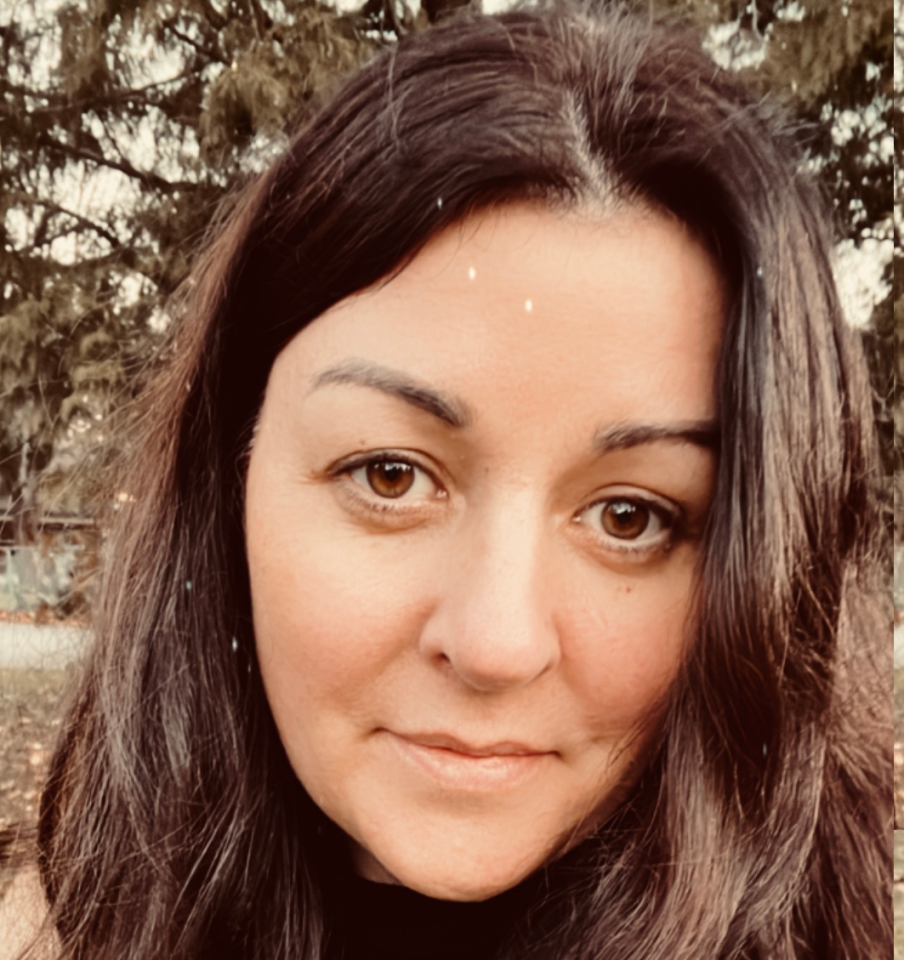
Lori Huston
Curriculum Studies Education
Supervisor(s) | Dr. Cynthia Nicol, Dr. Jan Hare
Lori Huston (she/her), a doctoral student in the Graduate Program in Curriculum Studies, Faculty of Education, the University of British Columbia. I am of mixed descent, Métis, Scottish and British. My cumulative research experiences and graduate studies have focused on Indigenous ECE leadership, highlighting Indigenous pedagogies connected to reconciliation, place, and land-based teachings. My MEd portfolio examined the connections of Indigenous pedagogies to reconciliation and place and land-based teachings. Continuing in this critical area of pedagogies in Indigenous early childhood education, I plan to focus on how knowledge and Indigenous epistemologies particular to a specific place/land inspire a “heart pedagogy” for Indigenous early childhood education. My long-term relationships and professional engagement within Ontario’s broader Indigenous early childhood community will allow for a solid relational foundation to undertake my doctoral study with Indigenous programs, educators, families, and children. I am excited and grateful to be a part of the EDCP graduate community.
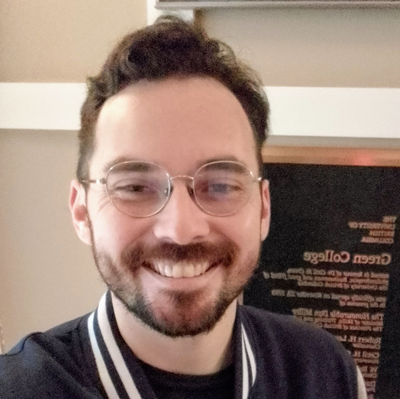
Allan Michel Jales Coutinho
Curriculum Studies Education
Supervisor | Dr. William Pinar
Allan Michel Jales Coutinho is an alumn of the Federal Network of Science and Technology in Brazil and is currently an 4YF (Four year Fellowship) recipient holder in the Department of Curriculum and Pedagogy at the University of British Columbia and is a resident of Green College. He started his academic work on international development at Green Mountain College, followed by an exchange experience at Nagoya University in Japan. He then earned his Master’s in International Education Policy from Harvard University before leading his academic career in Canada, starting at the University of Toronto. His research is focused on critical autobiographical studies, decolonization, and reconciliation. He is the author of the canonical text Curriculum Work and Social Justice Leadership in a Post-reconceptualist Era and Love in the Post-reconceptualist Era of Curriculum Work: Deliberations on the Meanings of Care.
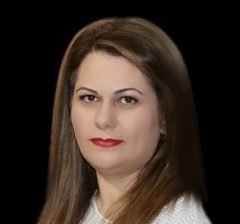
Malihe Manzouri
Curriculum Studies Education | Mathematics Education
Supervisor | Dr. Susan Gerofsky
My name is Malihe, I am a Ph.D. student in the Department of Curriculum and Pedagogy. Currently, I am pursuing a Doctorate degree in mathematics education at the University of British Columbia (UBC), Faculty of Education, Department of Curriculum, and Pedagogy. My research interest in mathematics education is informed by and situated in cultural and critical perspectives and it is inspired by principles of cultural sustainability and social justice. For my doctoral research, I aim to work on the effects of immigration on the learning processes as they relate to mathematics, the learning of math for bilingual students, cultural and linguistic aspects in mathematics learning and teaching, and real-life math. Prior to starting my doctorate journey, I earned a Master’s degree in mechanical engineering from the National University of Malaysia (UKM) and a Master’s in mathematics education from the University of British Columbia. In addition to my studies, I run a tutoring company and work at my company in the capacity of a math tutor. I am also a part-time math teacher at an independent school. I have 10 years of work experience in mechanical engineering, and 13 years of experience as an educator, instructor, teaching assistant, and research assistant.
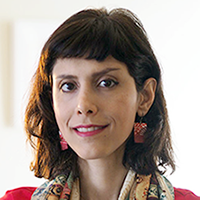
Yasaman Moussavi
Curriculum Studies Education | Art Education
Supervisor | Dr. Rita Irwin
Yasaman Moussavi is a visual artist and educator. She is a PhD student in Art education in the Department of Curriculum and Pedagogy at the University of British Columbia. In her art practice research, she explores the socio-cultural in-betweenness as a capacity and disposition to participate in the process of meaning making and learning across cultures and languages. In her art-based research project, Yasaman explores the ways in which art making intervene the established social relations in order to recover the embodied act of mapping and place making as a constituent to build social bonding. Yasaman holds an MFA with two emphases on Painting and Printmaking from Texas Tech University. She also holds a MA in Art Studies from Tehran University, Iran, and a BFA in Painting from Alzahra University Tehran, Iran. Her works have been displayed and published in many national and international solo and group exhibitions.
Pages: 1 2